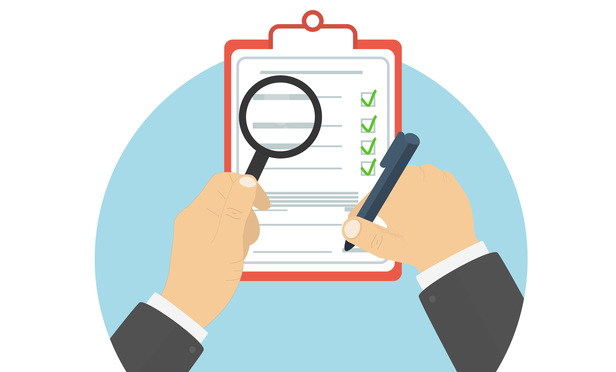Privilege is a rule of the Federal Rules of Civil Procedure (FRCP), which provides an exception to compelled testimony under discovery. The concept of privilege, primarily between an attorney and his client, has ingenerated within the U.S. legal system to protect client confidentiality. This protection is often exercised by parties during legal proceedings and has been accorded recognition by courts on various occasions.
As law and discovery have evolved over the years, privileged information and the modes in which it exists has taken up diverse forms. From being stored in folders and file cabinets, it now exists mostly as word documents, emails, and other forms of electronically stored information (ESI). And, litigators increasingly find themselves having to respond to subpoena requests for such ESI.
This content has been archived. It is available through our partners, LexisNexis® and Bloomberg Law.
To view this content, please continue to their sites.
Not a Lexis Subscriber?
Subscribe Now
Not a Bloomberg Law Subscriber?
Subscribe Now
LexisNexis® and Bloomberg Law are third party online distributors of the broad collection of current and archived versions of ALM's legal news publications. LexisNexis® and Bloomberg Law customers are able to access and use ALM's content, including content from the National Law Journal, The American Lawyer, Legaltech News, The New York Law Journal, and Corporate Counsel, as well as other sources of legal information.
For questions call 1-877-256-2472 or contact us at [email protected]



